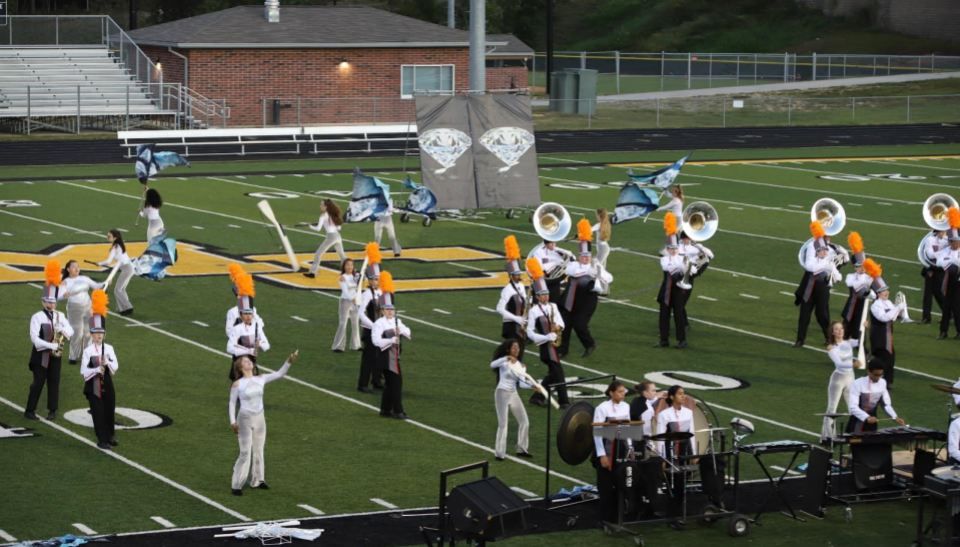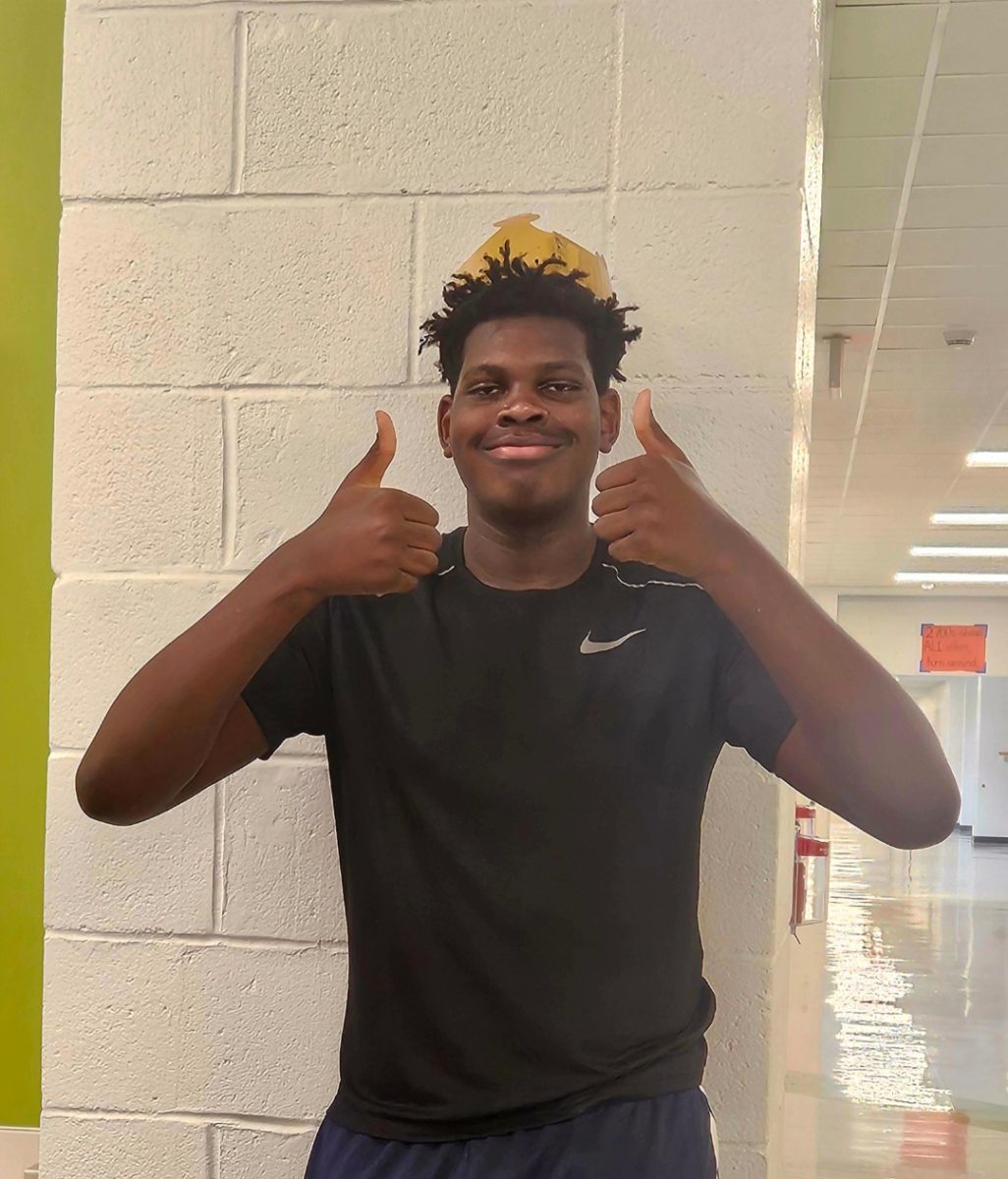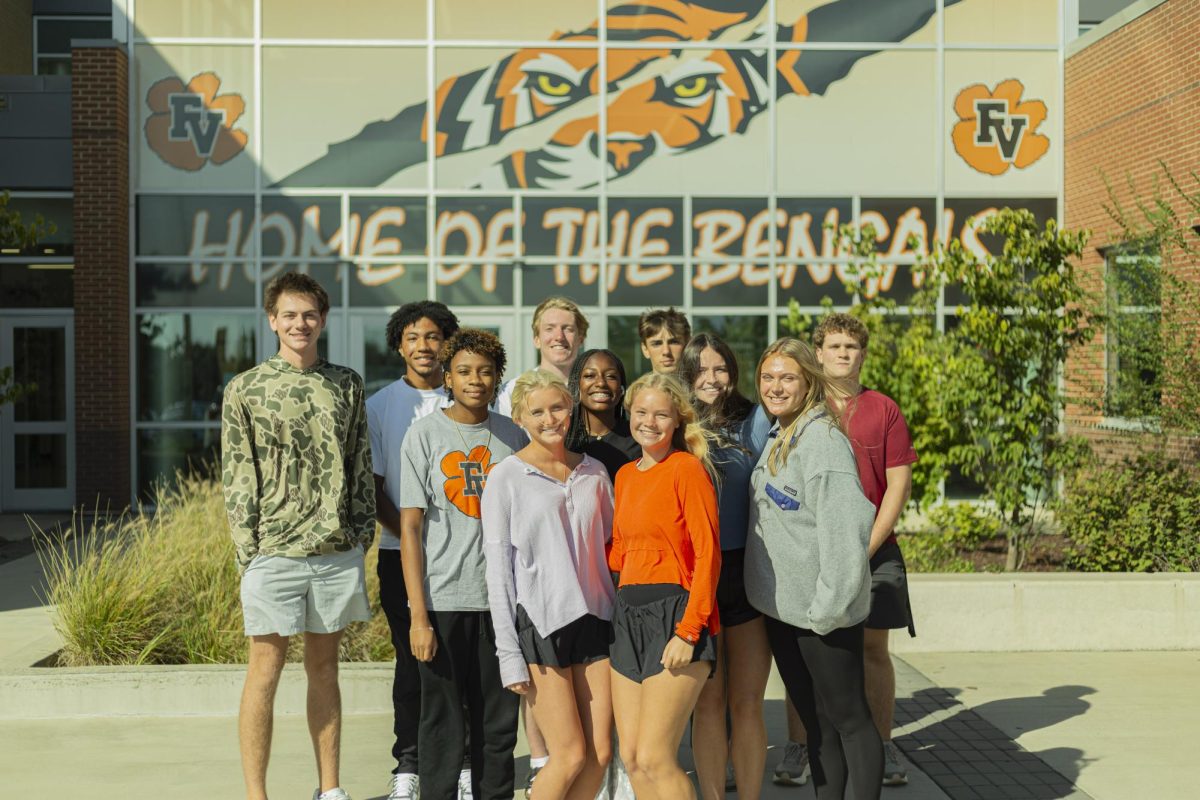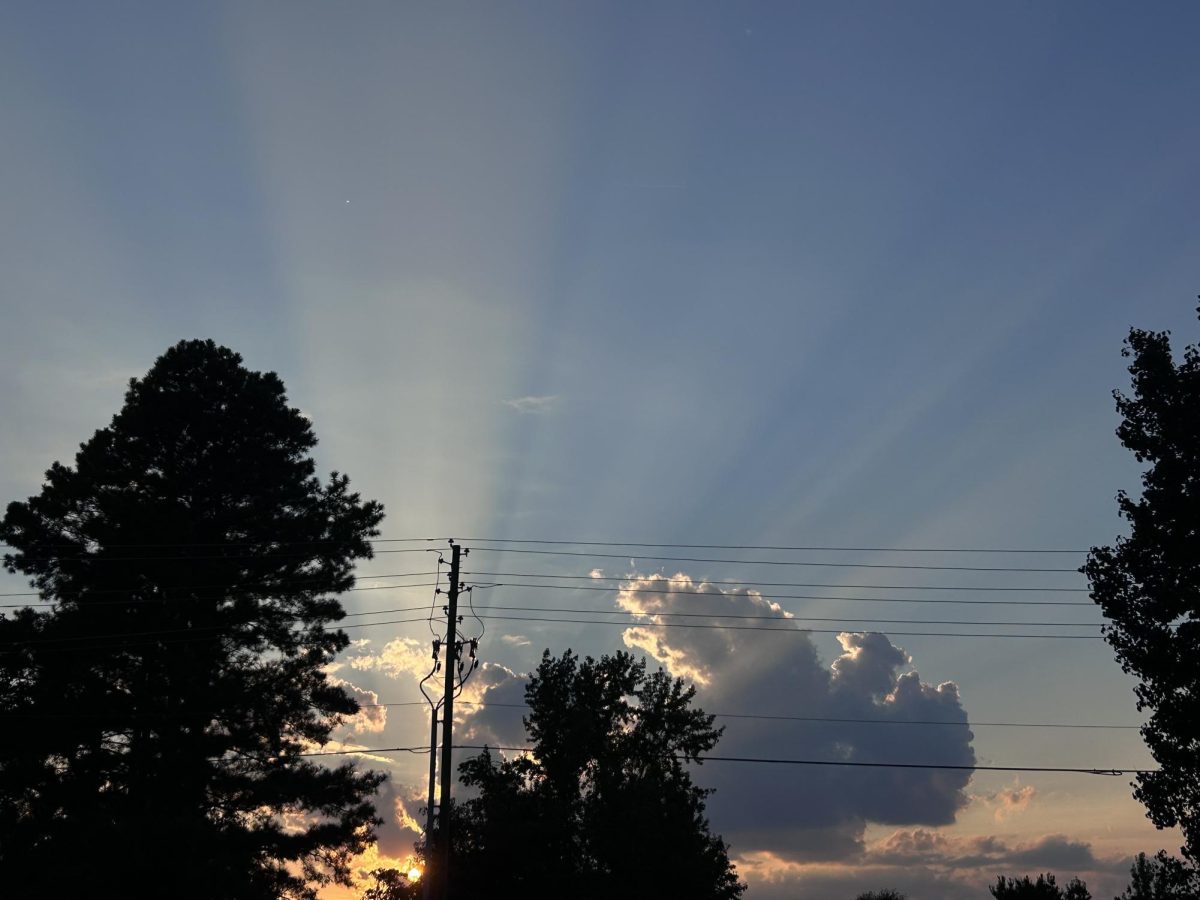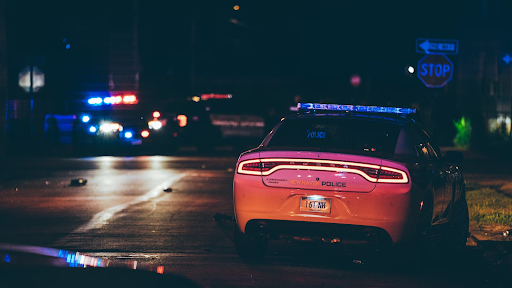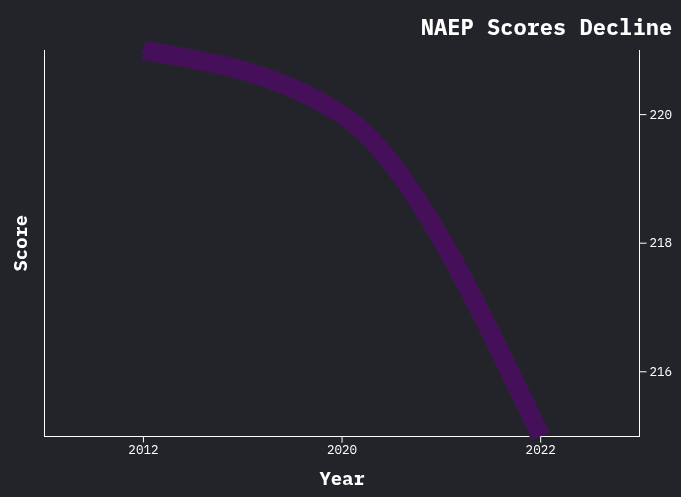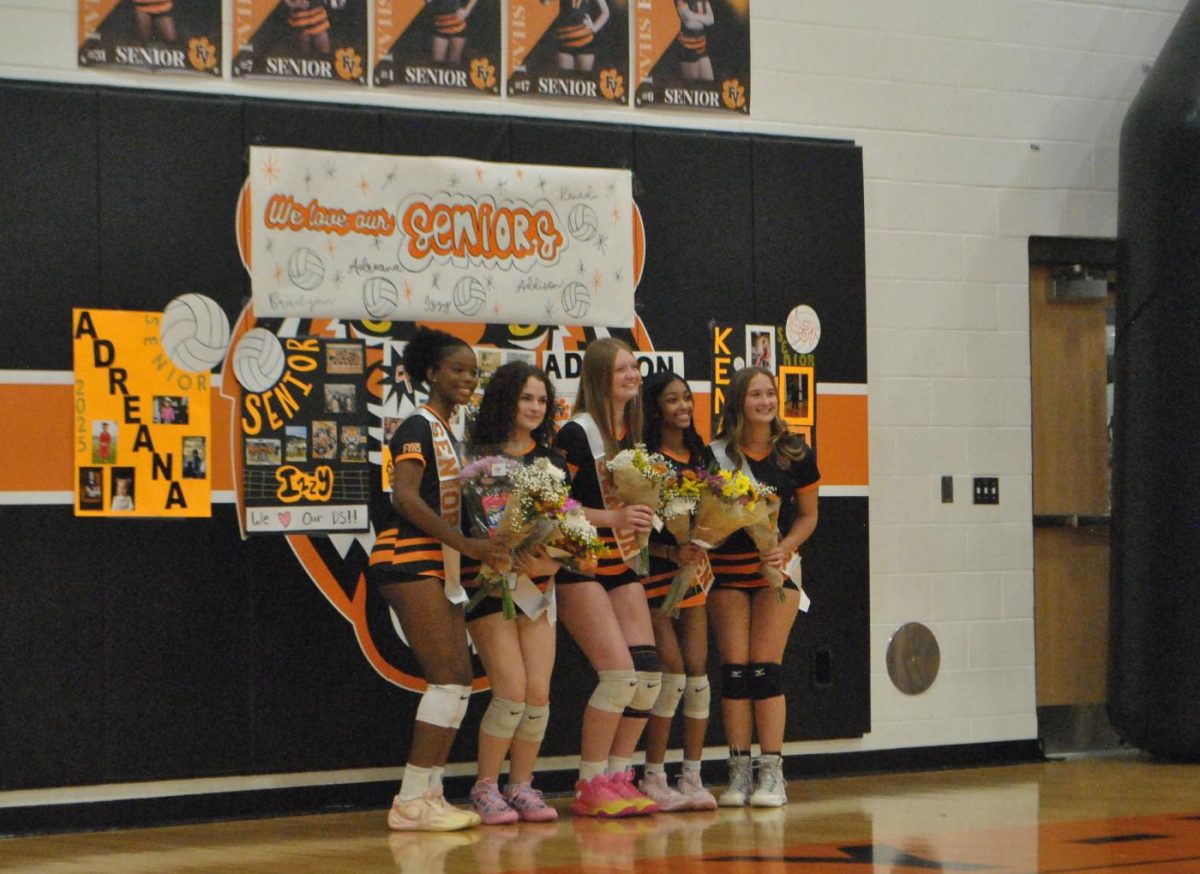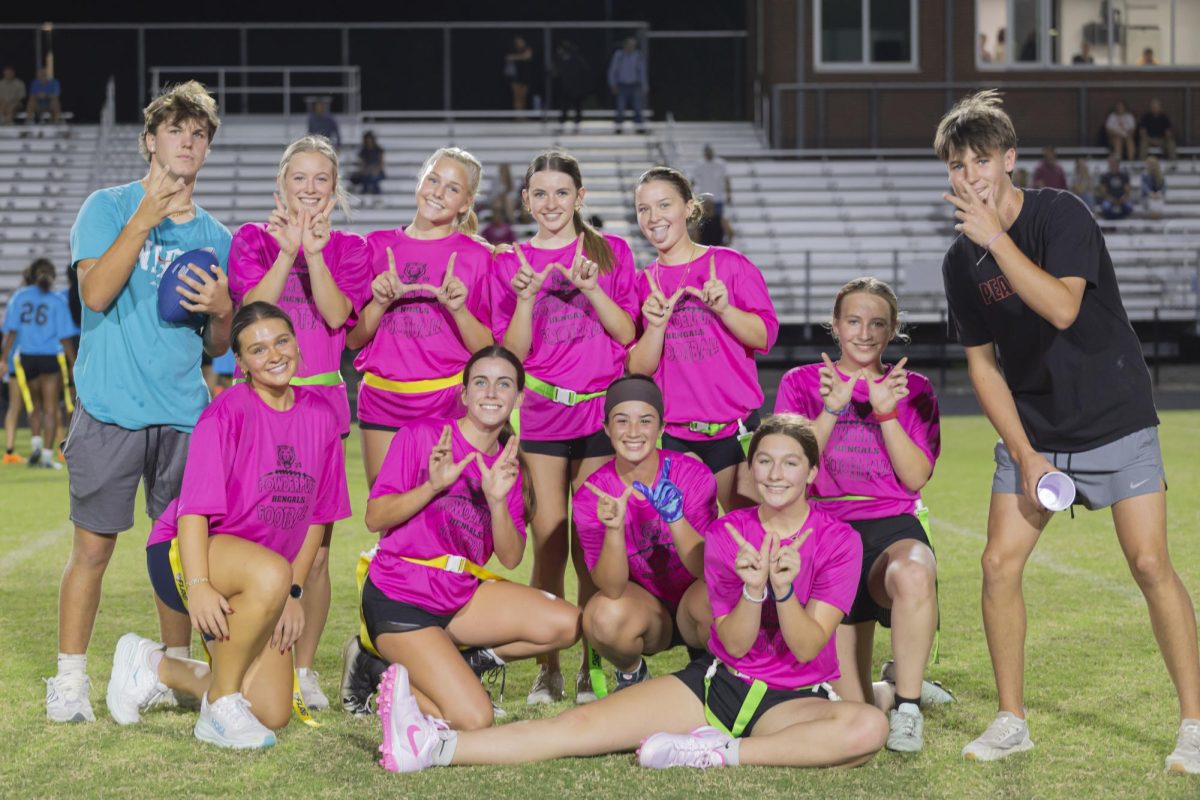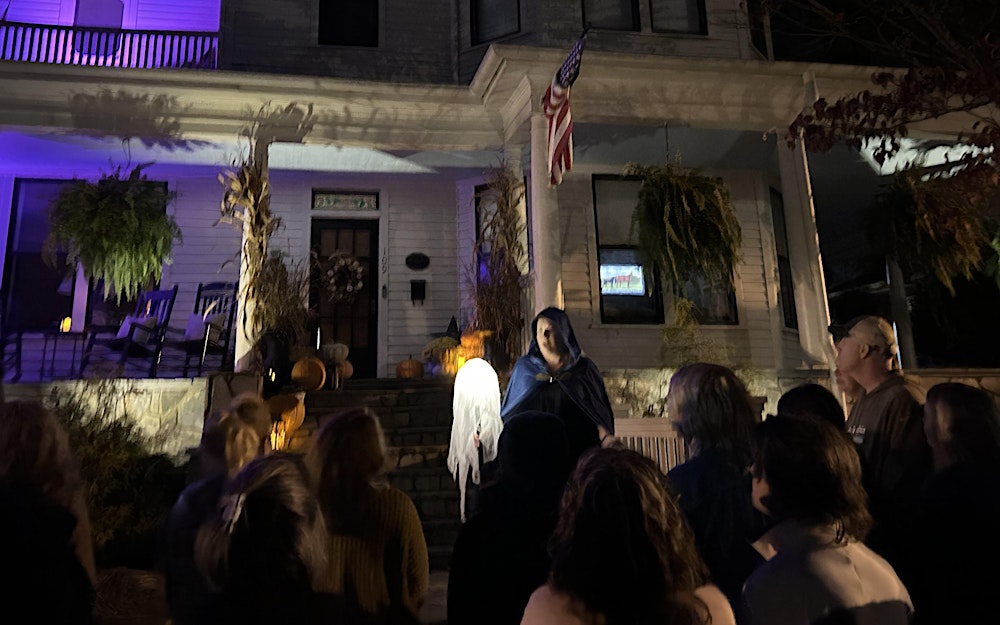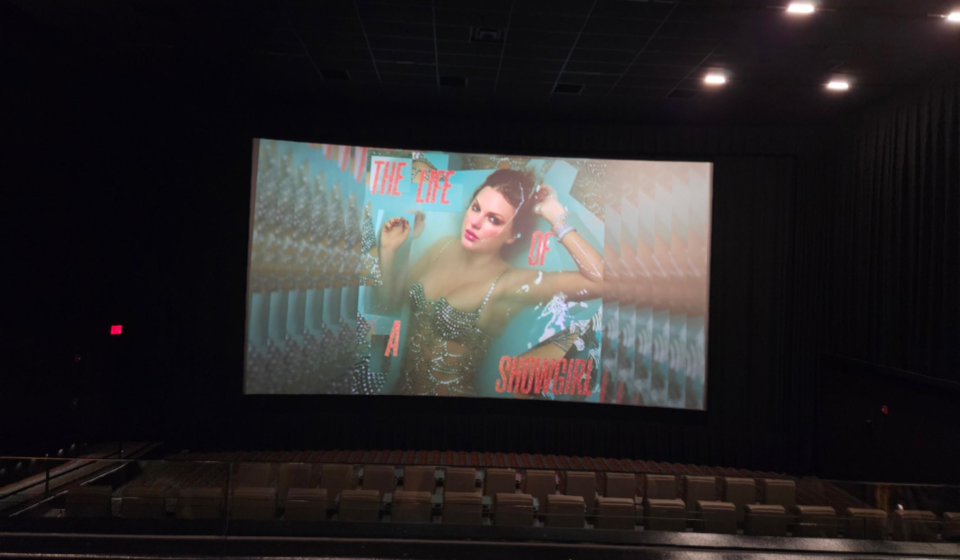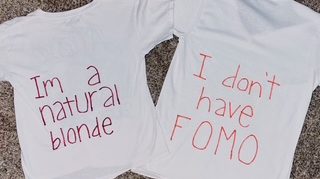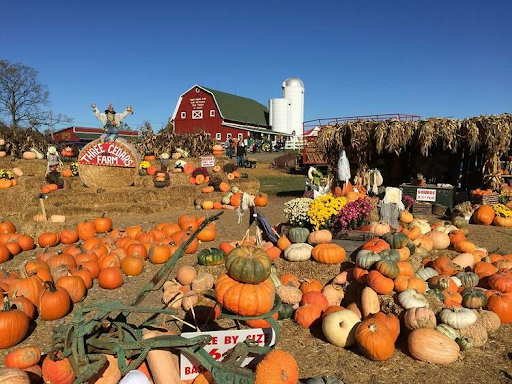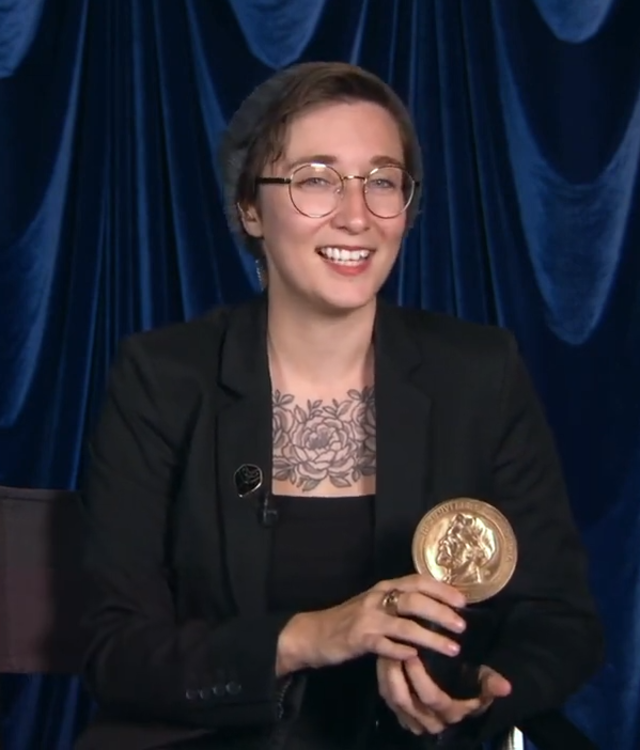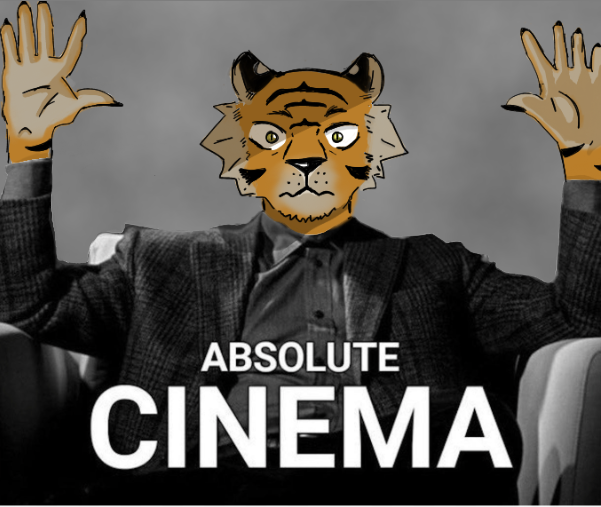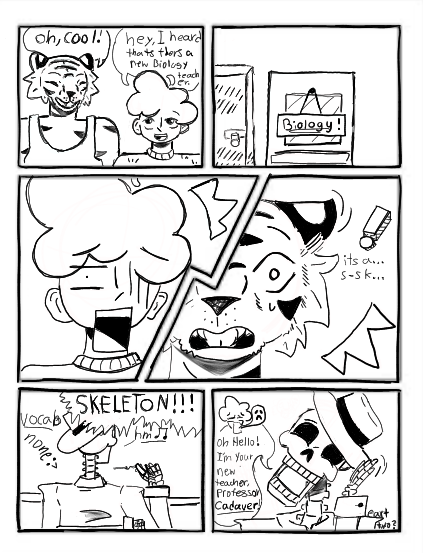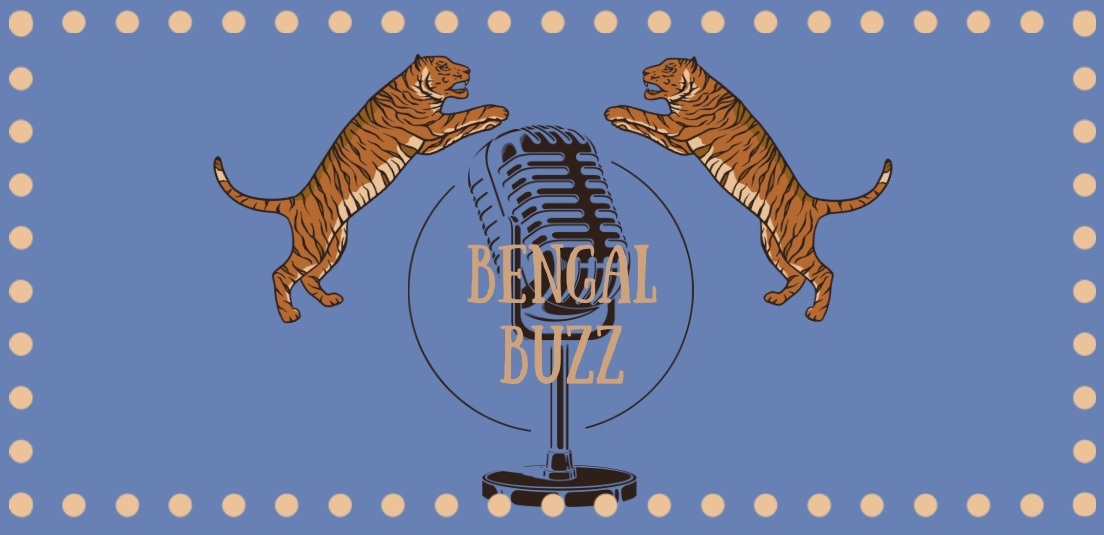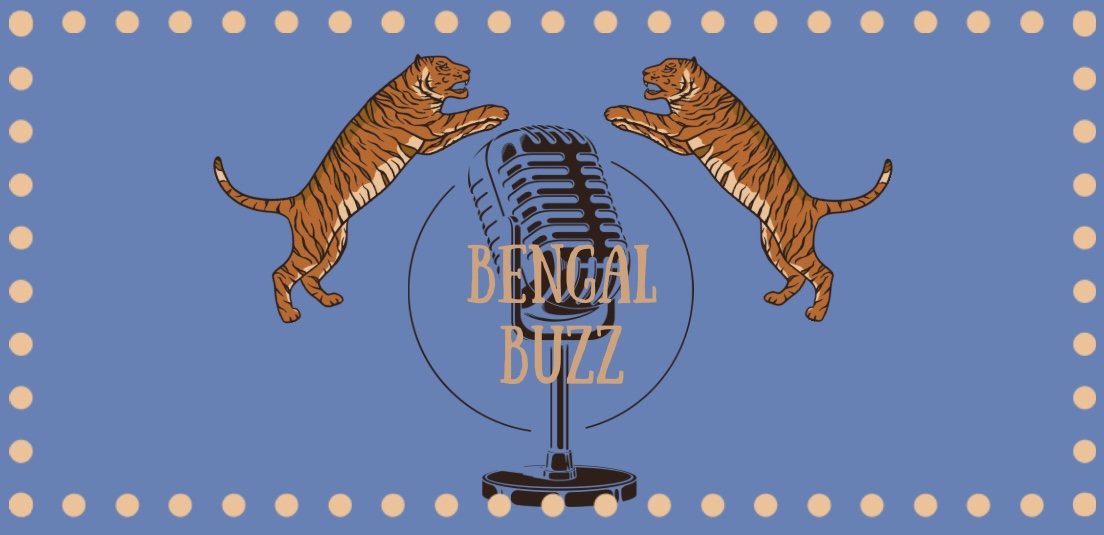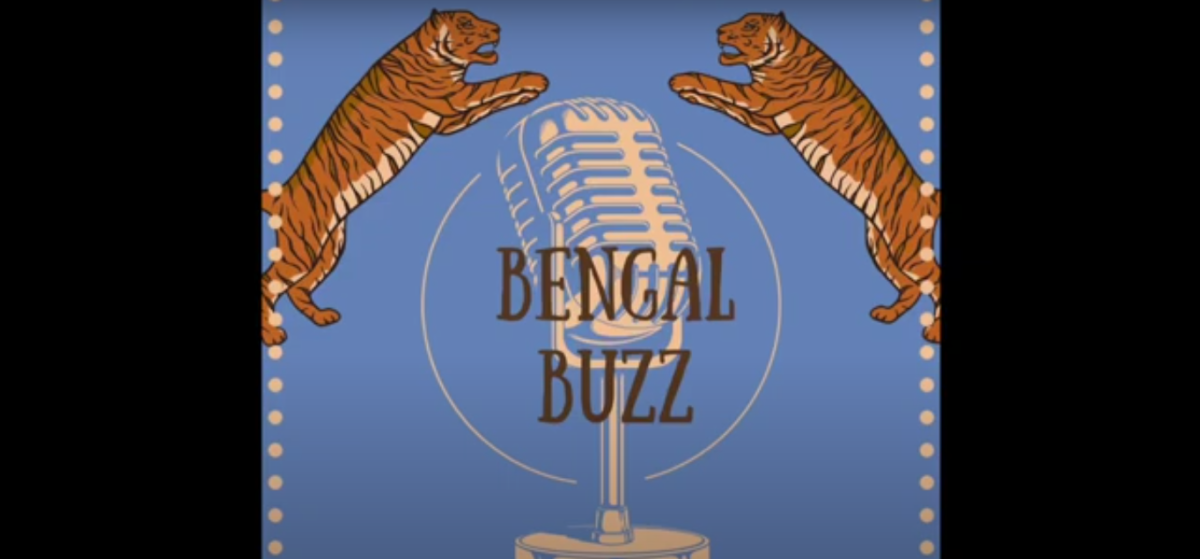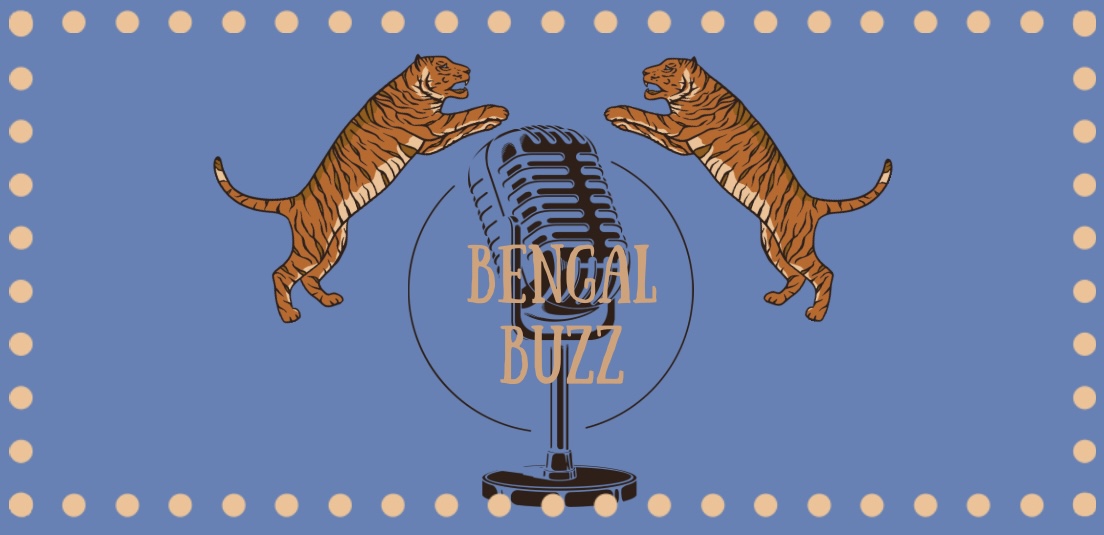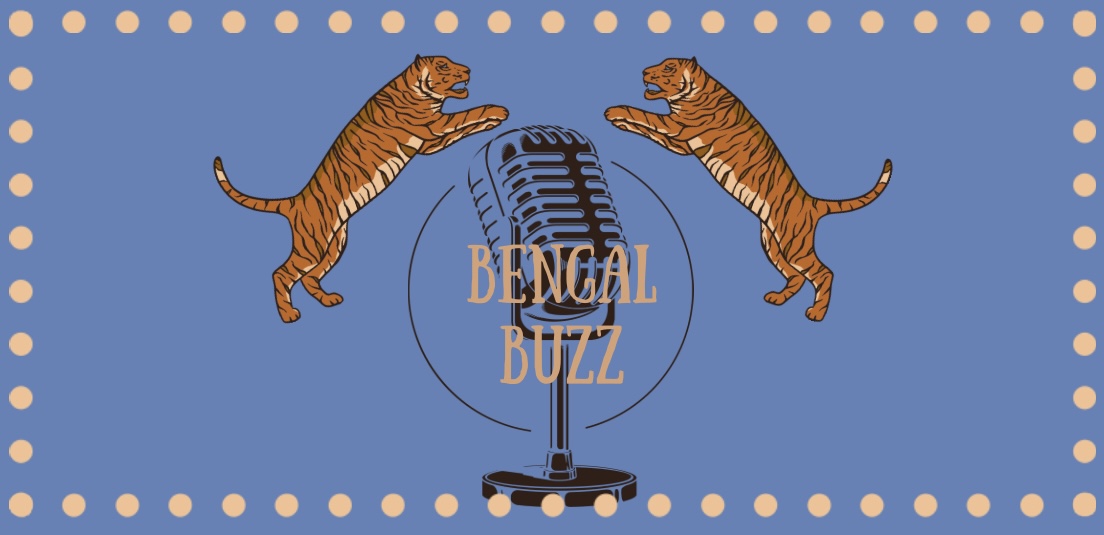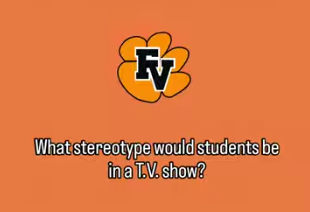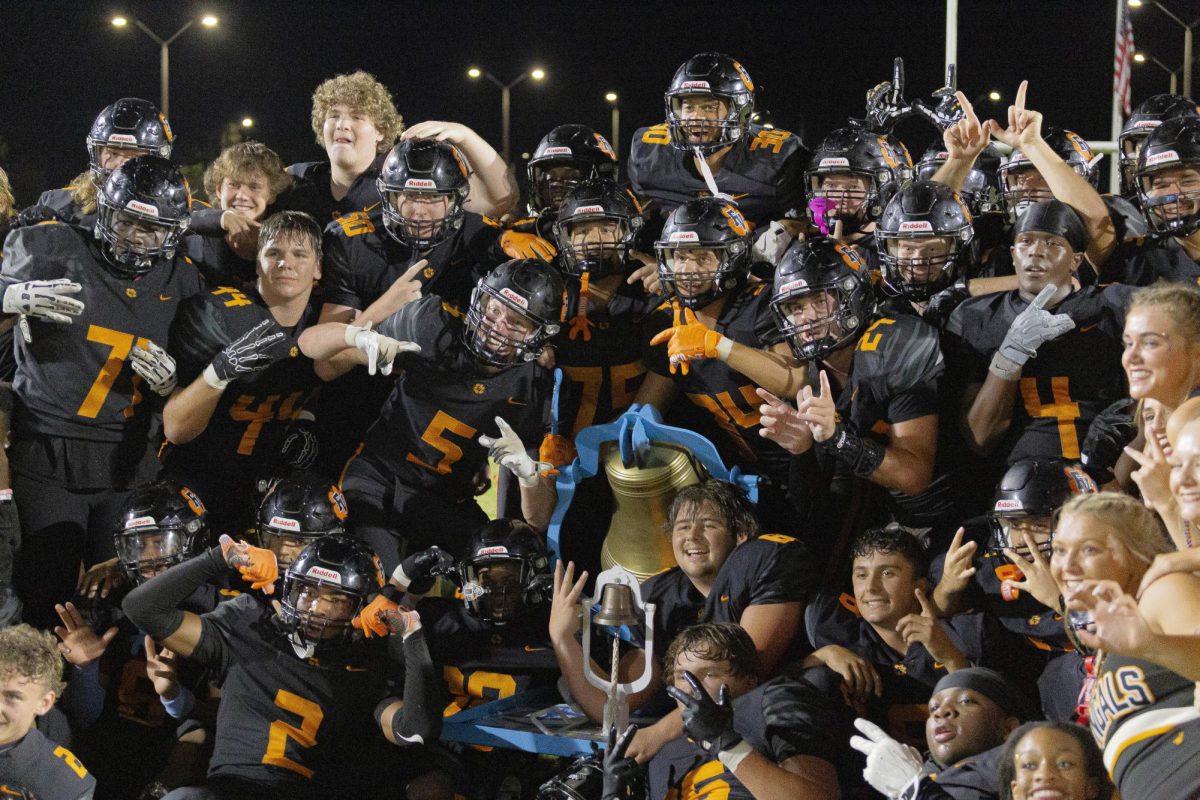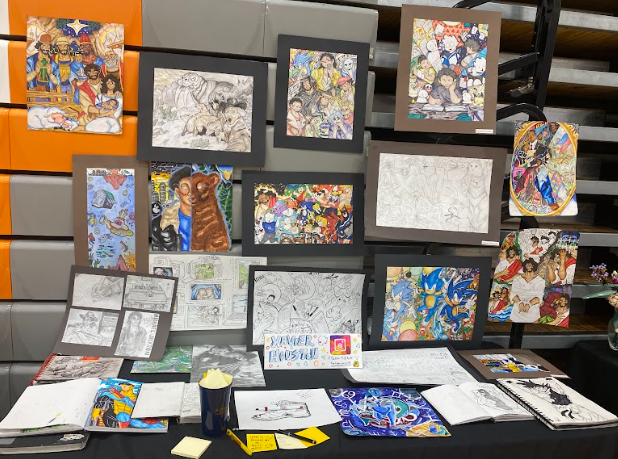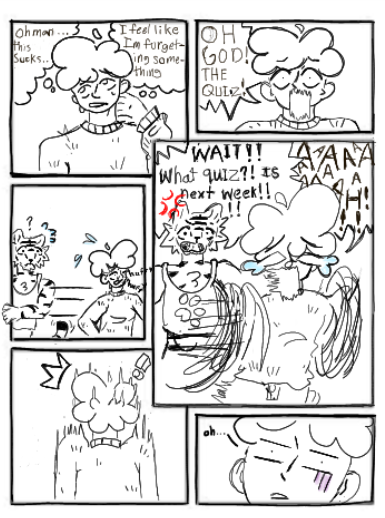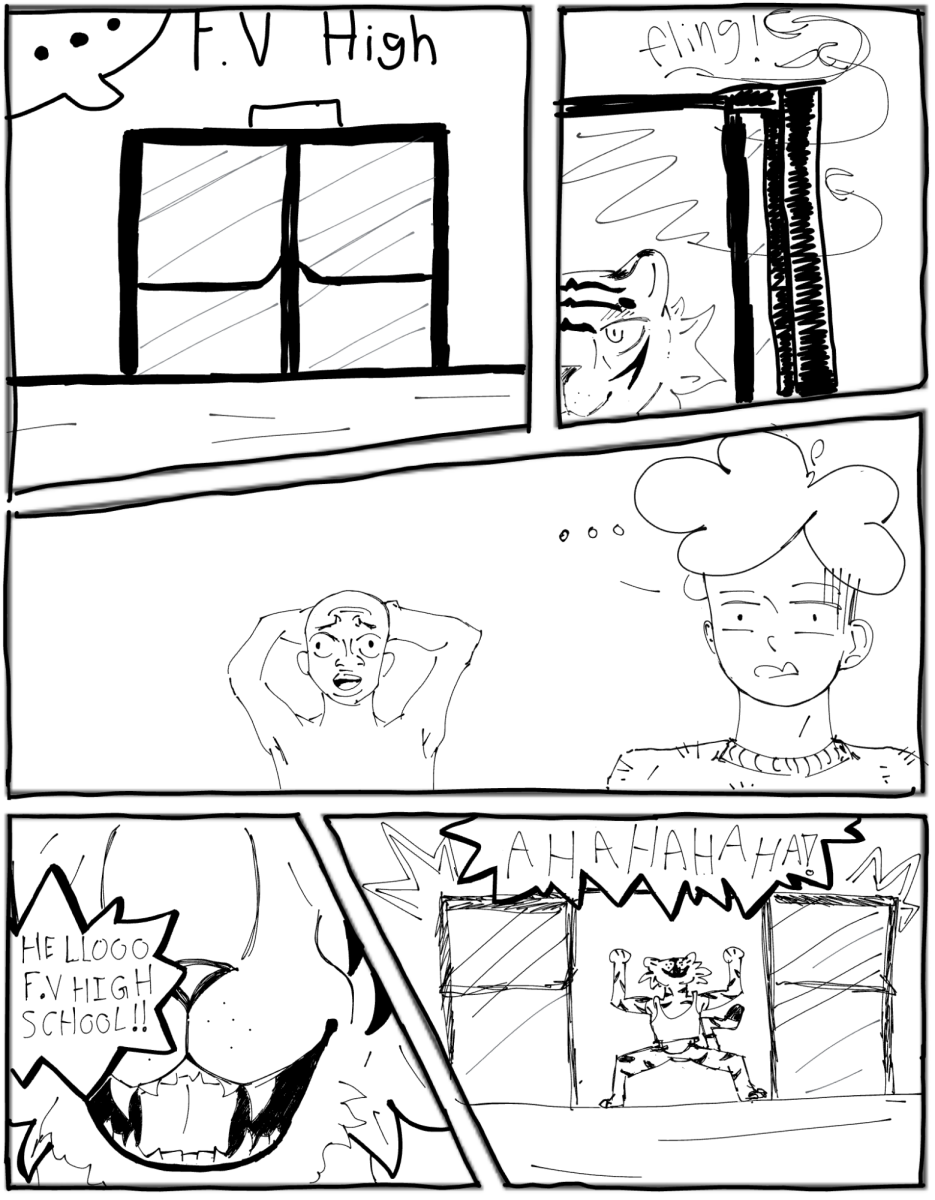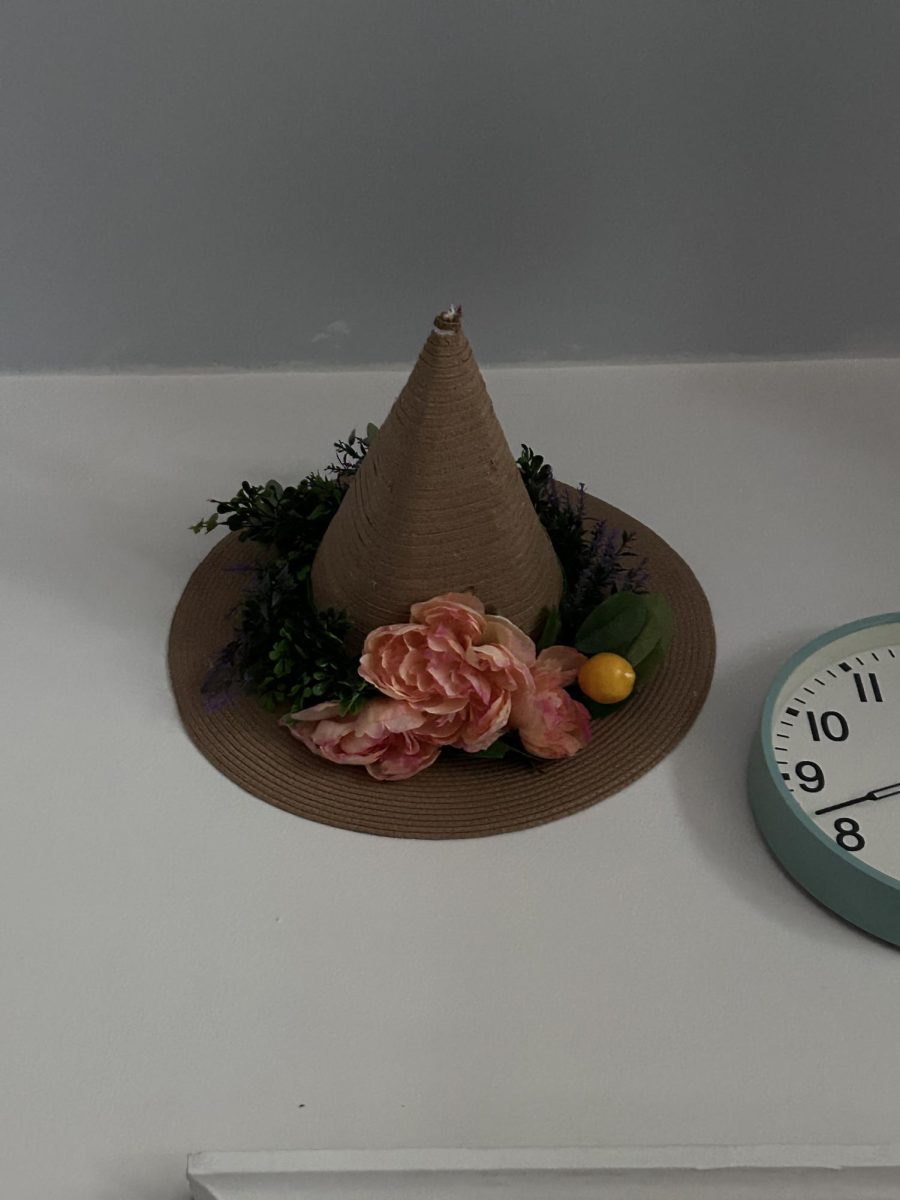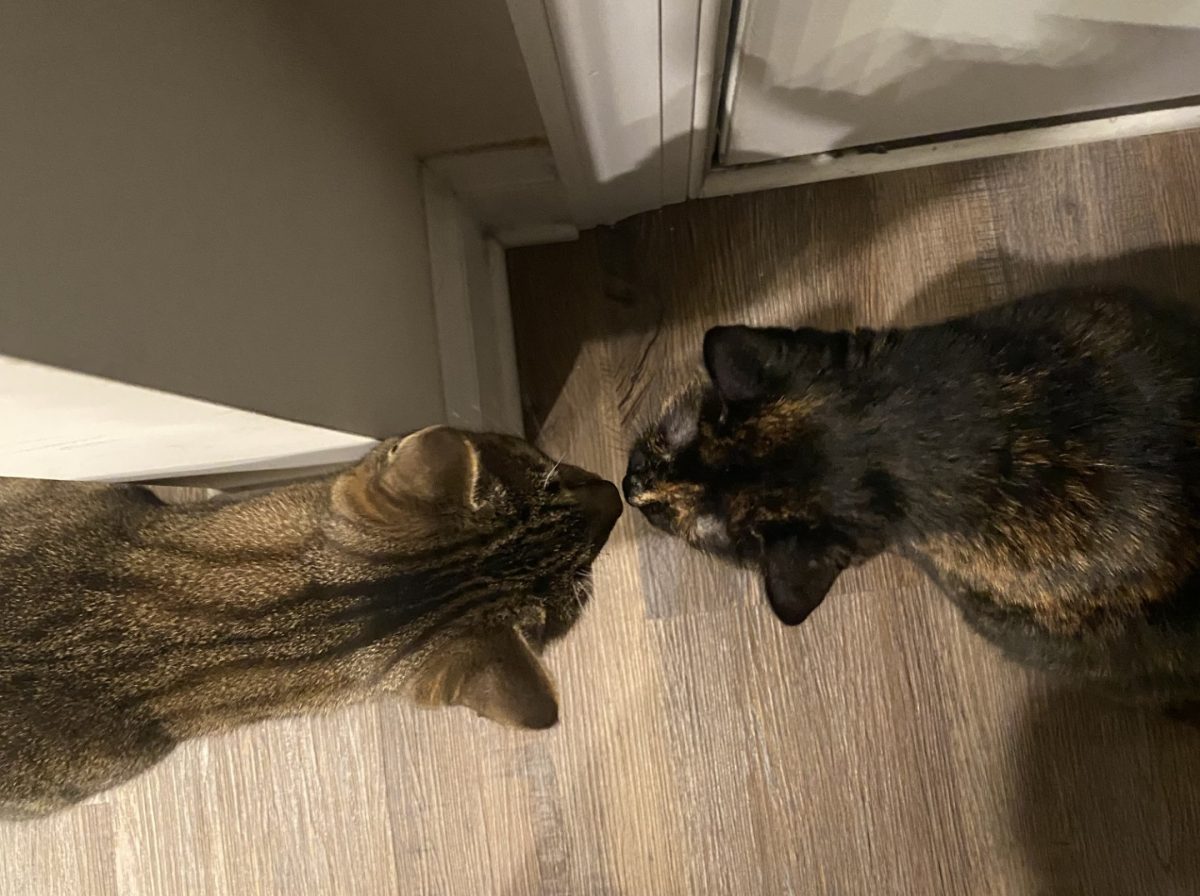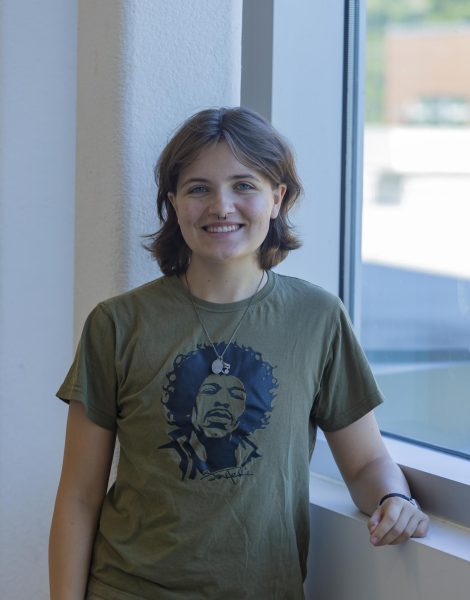When someone mentions a witch, we get a certain image in our head. We may envision an old woman with green skin and big warts, or maybe an evil young woman with a creepy stare. Regardless, there is a certain negative feeling being associated with witches that is completely ignorant and unfair. The negative connotation against witches is actually a historical reflection of how society has treated women who did not conform to societal standards, highlighting the underlying misogyny that permeates western culture and colonialism.
Historically, witches originated from women who rejected the idea of marriage and childbearing, so they would often live on the outskirts of town far away from other people. They would be known around town to provide goods or services, such as healing ailments and talking to spirits of loved ones. They would even have extensive knowledge of natural herbal medicines and clinical experience. However, many people didn’t like how they didn’t follow the societal rules of the time, so many rumors were created to discourage them.
Witch hunts occurred in the late 1600s in various places of Europe and America. Religious and community figures became obsessed with the idea of persecuting witches and searching for evidence of witchcraft. But there wasn’t any reliable scientific evidence at the time to prove many of the claims, so it became more of a targeted attack on women and people who did not conform.
Witches have come in and out of popularity since the witch hunts, sparking successful books and television series to be written. But even though the social acceptance of witches has improved, there is still a lot of prejudice against them.
Many modern Christians still look down upon the practice of witchcraft, believing it to be contradictory to their religion. On the other hand, modern day witches actually have established witchcraft into an official religion called Wicca. Wicca is a nature based religion, and is considered to fit under ‘pre-Christian paganism.’ They believe in embracing both feminine and masculine energy, valuing nature and practicing ‘majick’ in order to heal themselves and others.
“I think they are really cool, and in touch with themselves and nature,” said senior Logan Jenkins, “I envy them a bit.” It seems that the pop culture witch representation does leave the newer generation with more compassion, promoting a generally positive consensus.
“I think they are awesome! How they are represented in the media is just so fun and iconic,” said senior Ivy Reeves,
“And in real life they are even cooler.”
Witches are shrouded in misconception, which is why they should be treated with more respect. Additionally, the whole idea of witches being evil women should be completely disregarded and reimagined. It doesn’t make sense to continue to use ‘witch’ in a derogatory way when there is evidence that they are harmless. Being Wiccan or just ‘witchy’ is a completely valid identity to have, and the freedom we have to experience our identity is exactly what ties everyone together.

